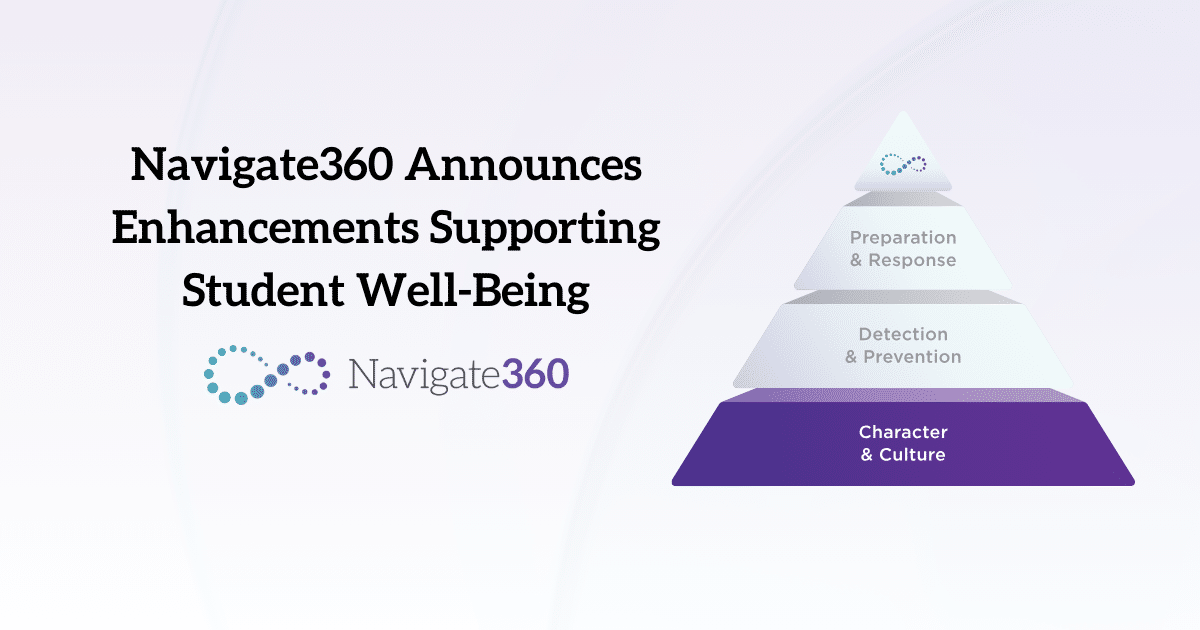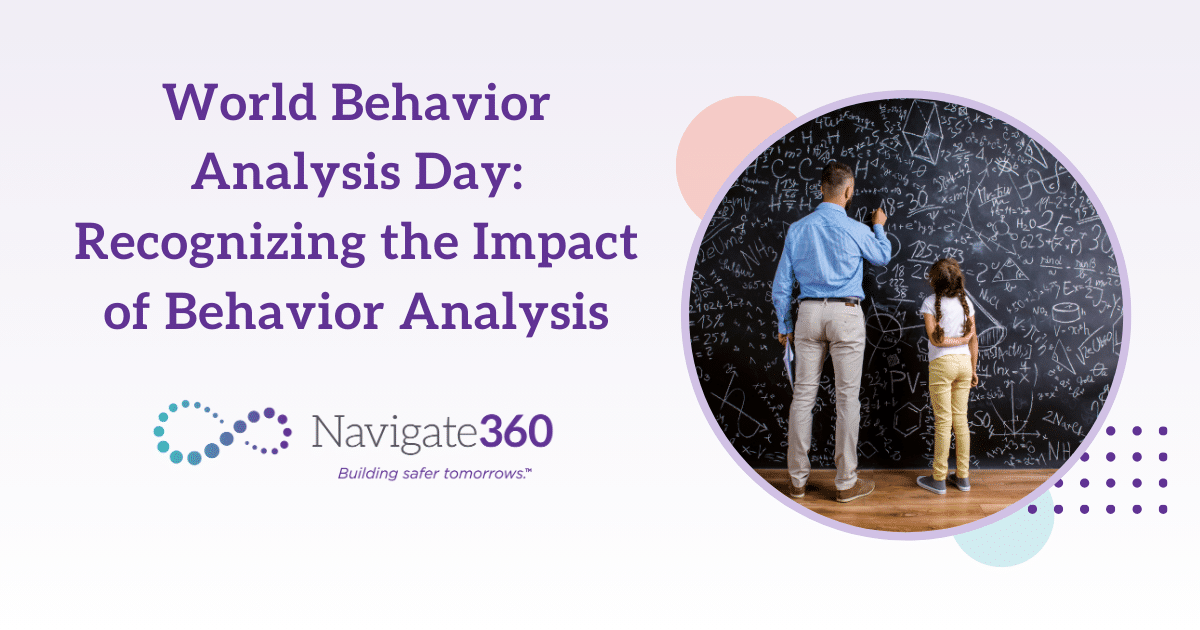Support Students’ Mental Health
Provide essential support students need to navigate their stressors.
K-12 students at all levels are experiencing tremendous changes both physically and mentally as they progress toward adulthood. Guiding students through this journey is one of the greatest rewards for educators—but it also presents significant challenges, especially for those who work with adolescents. Experts at the American Academy of Child & Adolescent Psychiatry say brain development accelerates rapidly during the teenage years, but the part of the brain responsible for reasoning matures later than the region that reacts to fear and anxiety. This makes teens and preteens especially susceptible to stress and accounts for their often-impulsive behavior.
Moreover, according to recent studies cited by Harvard Health Publishing, chronic stress can have long-term effects on students’ ability to learn. Coping with excessive amounts of stress on a daily basis can essentially rewire a teenager’s brain to deal with basic “fight-or-flight” instincts while the memory storage and critical thinking functions that are needed for learning take a back seat. And some researchers say chronic stress can alter the brain’s production of hormones and other chemicals, which may impair emotional control and contribute to the development of depression. In fact, the National Institutes of Health cites peer-reviewed studies of adolescent lab animals indicating significantly more intense and longer-lasting hormonal responses to stress when compared to the reactions of adults.
Sources of Stress for Teen Students
Even before the coronavirus pandemic ushered in a whole new era of disrupted routines, threats to family livelihoods, and isolation from peers, educators were calling for solutions to ease the ever-increasing amount of stress on their adolescent students. And research backed up what teachers and counselors were observing. For example, a 2019 Pew Research Poll found that 70% of surveyed teens identified stress as a major problem. Before that, the American Psychological Association’s 2018 Stress in America™ survey results included a section on the stressors confronting Generation Z, then ages 15 to 21. Those stressors included gun violence, family separations, and highly publicized sexual harassment and assault cases. About 68% of Gen Z respondents reported being significantly stressed about the nation’s future. And the surveyors concluded that members of Gen Z are far more likely than any previous generation to report their mental health as fair or poor.
Enter COVID-19 and the stressors that teens experienced over the course of 2020 and 2021. A survey conducted in April 2021 by Navigate360 and John Zogby Strategies indicated that stress is taking its toll on teens in multiple ways. For example:
- Only 38% of teens are confident that school officials can create an atmosphere of physical and emotional safety in the classroom
- Half of teens (49%) and parents (51%) are aware of a classmate or student who was bullied because of their race, sexual orientation or income level
- 3 in 5 teens (59%) say they know someone who has considered self-harm or suicide, up 3 points from the previous poll conducted in January
How Can Educators Help Students Deal with Stress?
School administrators can take steps to improve school safety, address bullying, and reduce other stressors that often affect students on campus, but educators will never be able to eliminate the many sources of stress that children and teens face outside of school. A better solution is to give students the tools they need to manage their emotional responses to stress in healthy ways.
School districts can do just that by integrating an effective social-emotional learning (SEL) curriculum into their classrooms at all K-12 grade levels. SEL enhances academic programs by helping students develop the skills they need to understand diverse perspectives, manage stress, and control impulsive behavior. These are invaluable life skills that not only help students improve their academic performance but also prepare them for career success. In fact, the wide-ranging benefits of SEL have been documented by numerous studies, as listed in this article from Edutopia.org.
SEL Resources for Students
Navigate360 Social-Emotional Learning is an evidence-based social-emotional learning curriculum that can help educators continue their academic focus while also teaching the critical life skills that set students up for success. The curriculum is designed for engaging, interactive delivery that appeals to the digitally savvy generations of the 21st century. It can be implemented at all cognitive and age levels—from preschool through high school and even into adulthood. And it’s based on the SEL framework developed by the Collaborative for Academic, Social, and Emotional Learning (CASEL), a pioneer in the field. This means the Navigate360 SEL curriculum aligns with the five CASEL core competencies, which are:
- Self-awareness
- Self-management
- Social awareness
- Relationship skills
- Responsible decision-making
SEL is a proven approach that leads to better student outcomes, academically and socially. For example, interventions that address these CASEL competencies have increased students’ academic performance by 11 percentile points as compared with the performance of students who did not participate in an SEL program.
To learn more about the benefits of our SEL curriculum, download “Why Suite360’s Social-Emotional Learning Is More Important Than Ever.”




